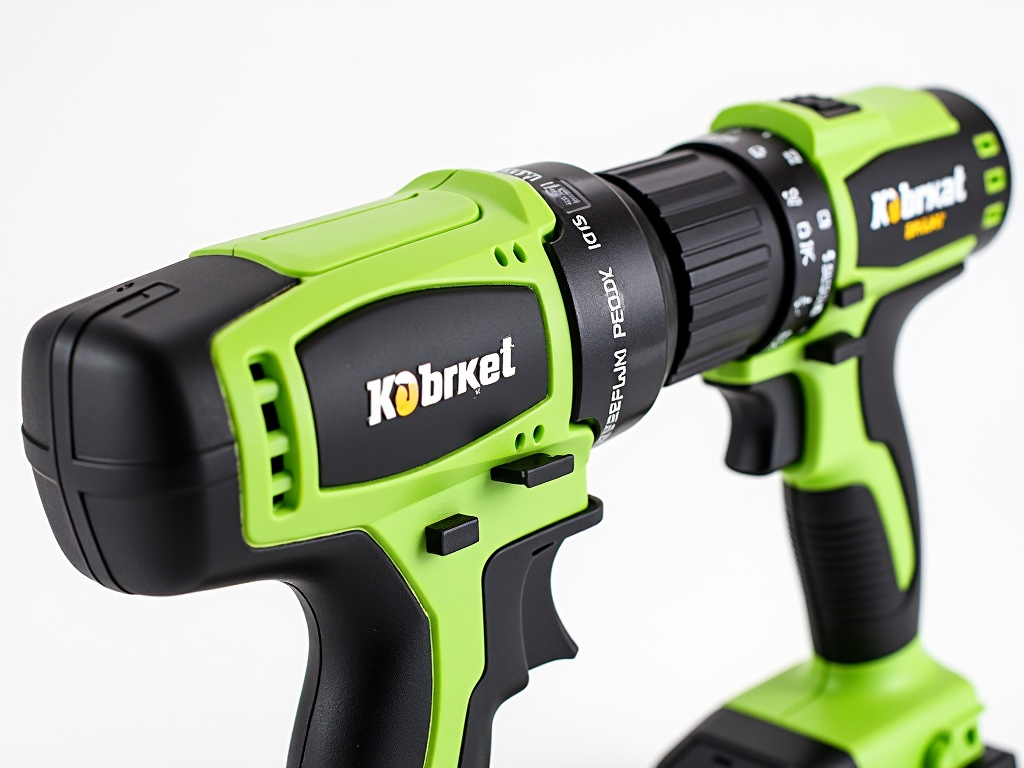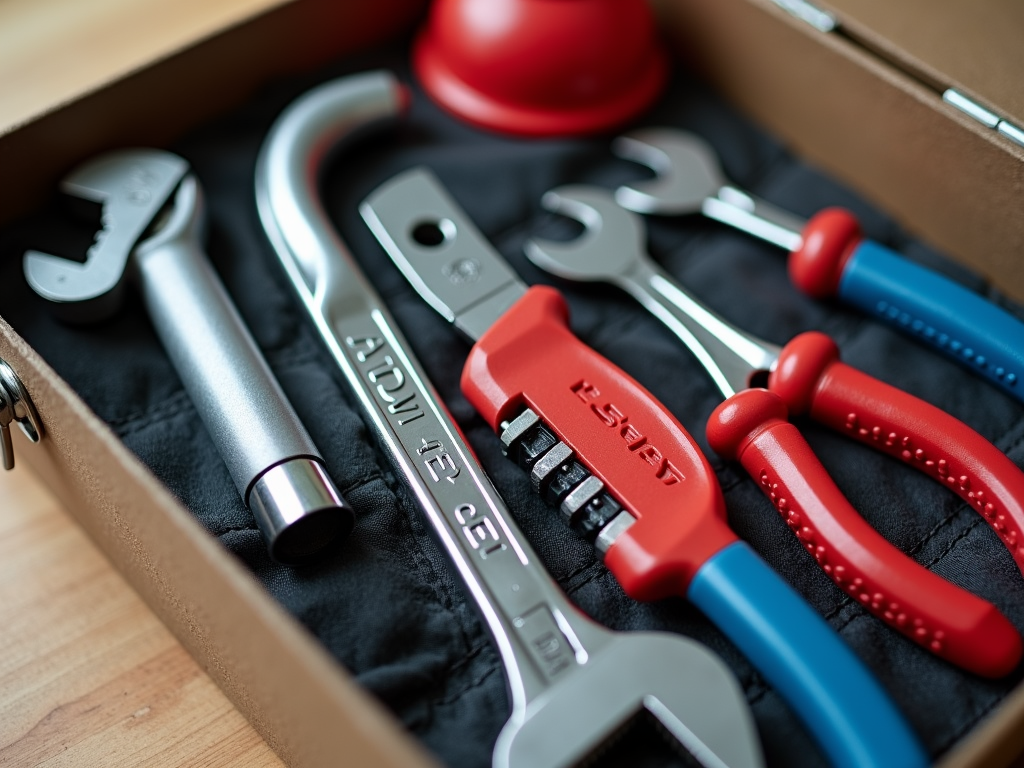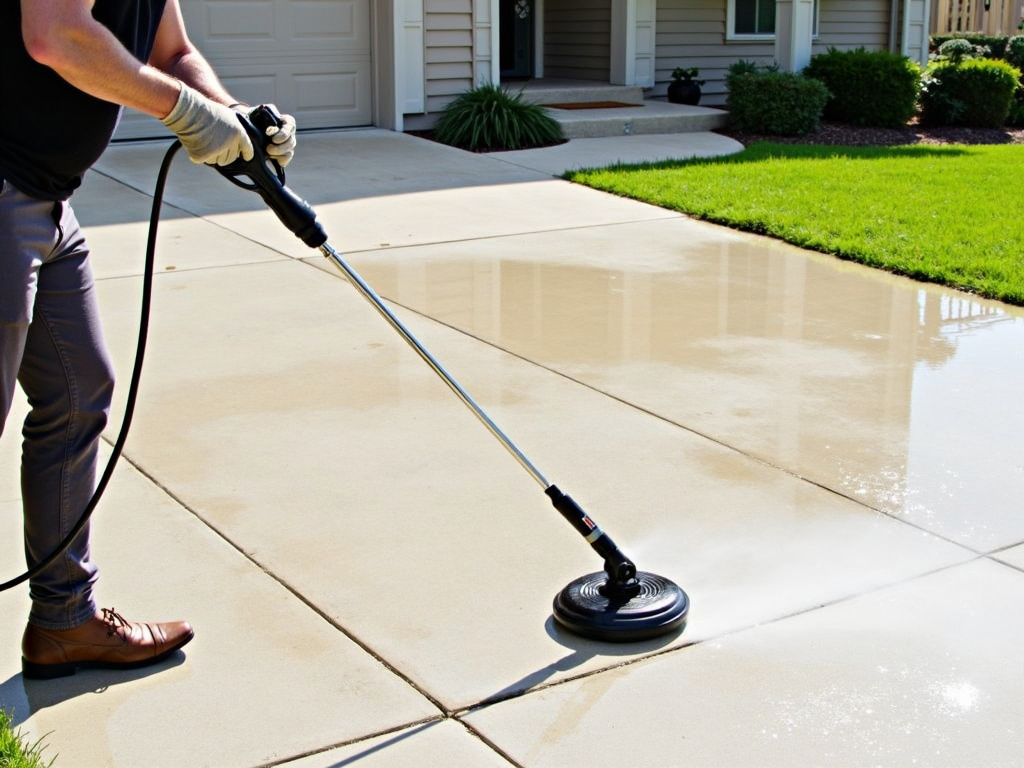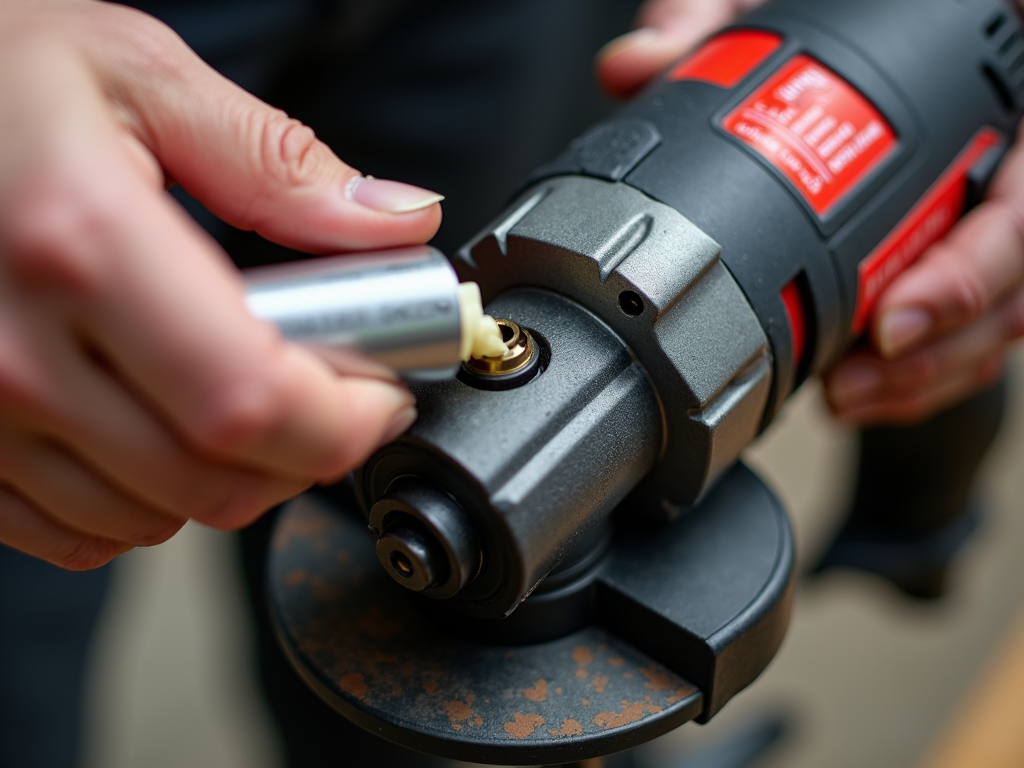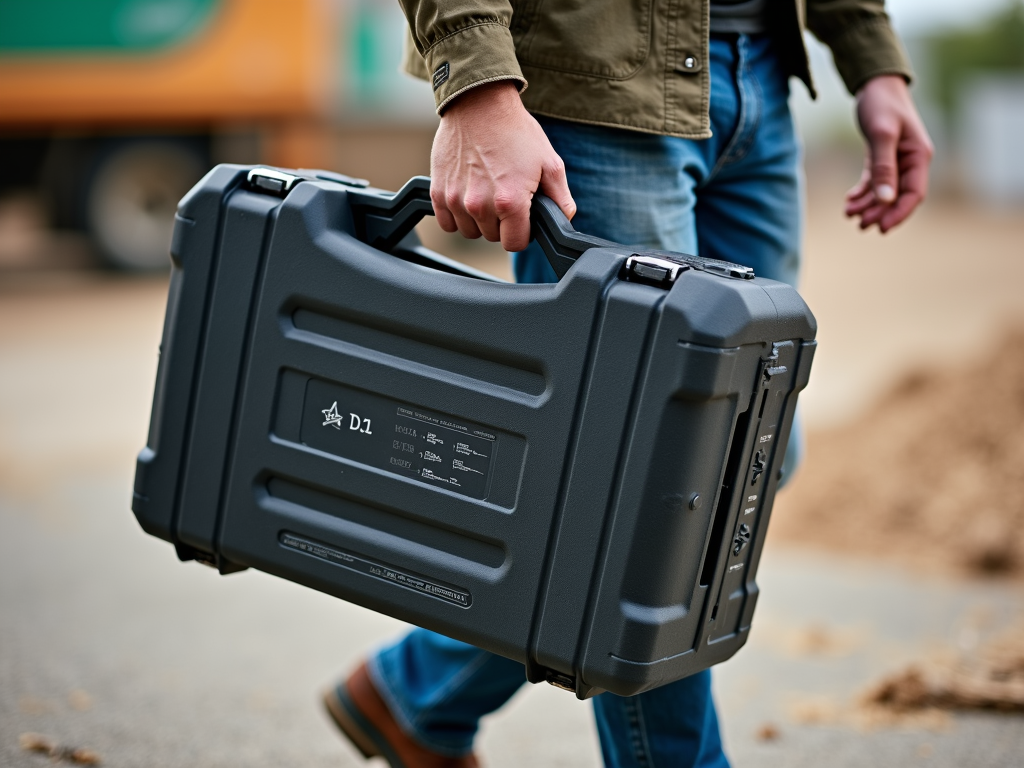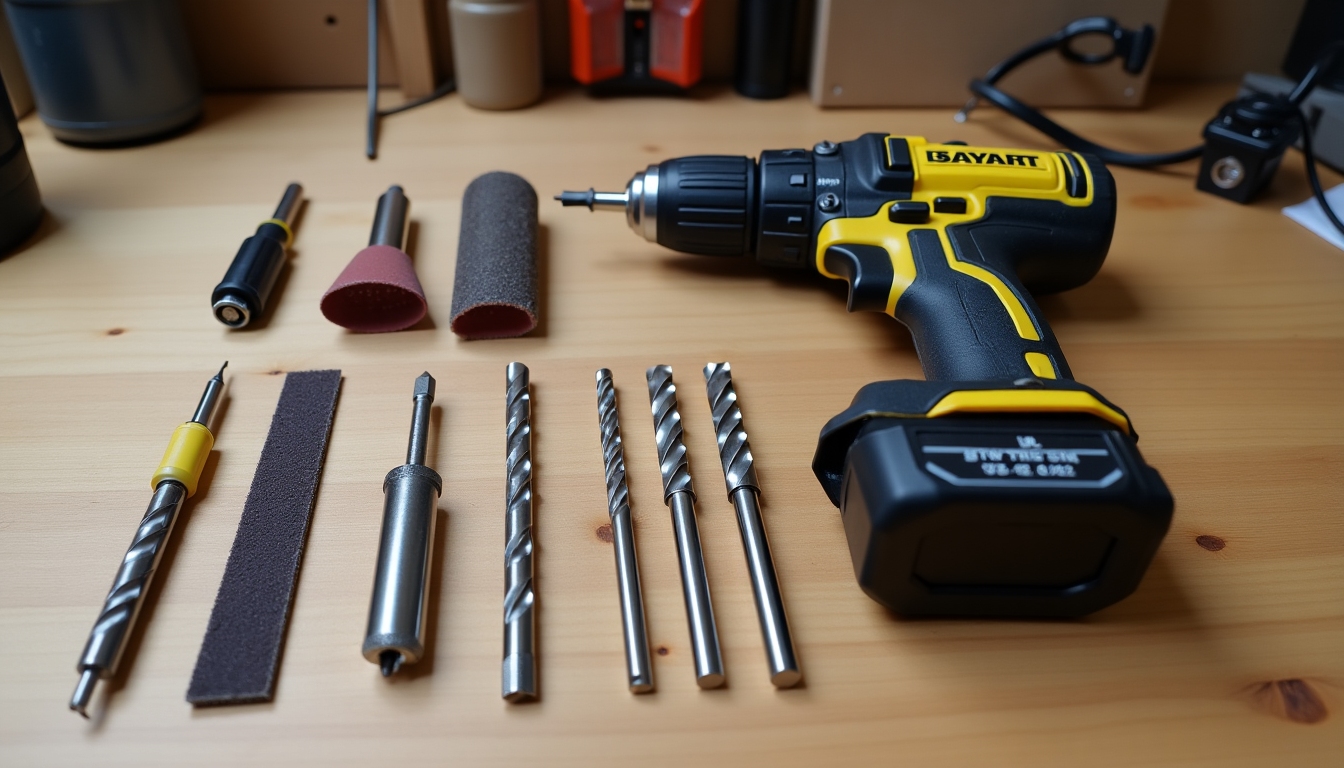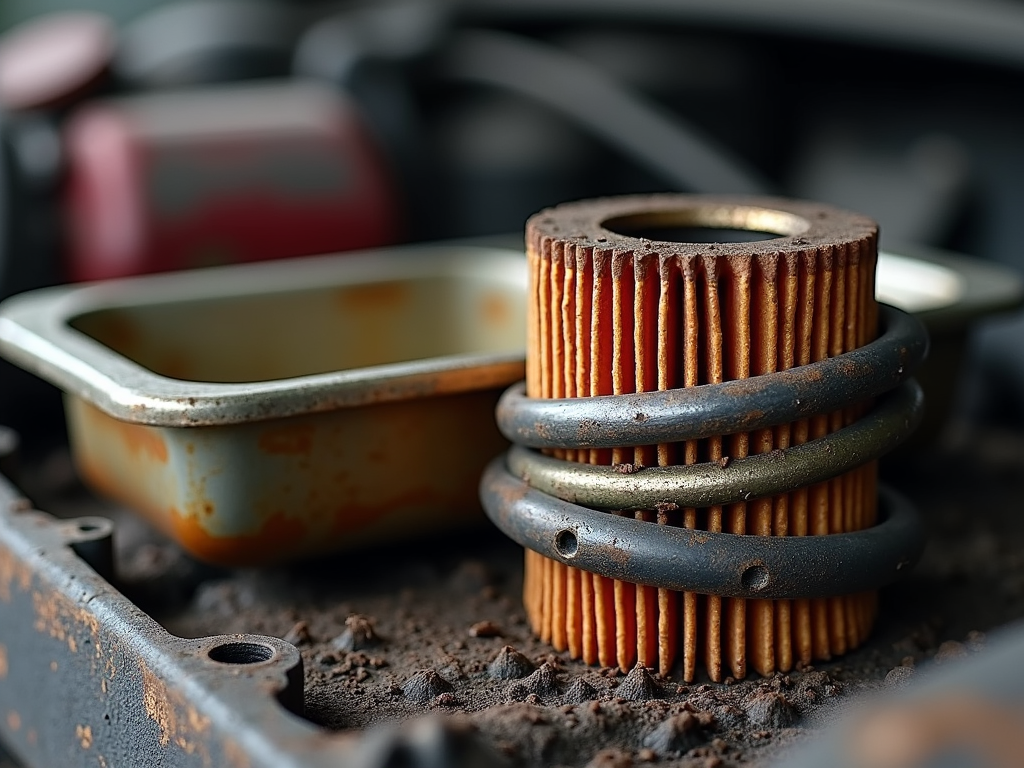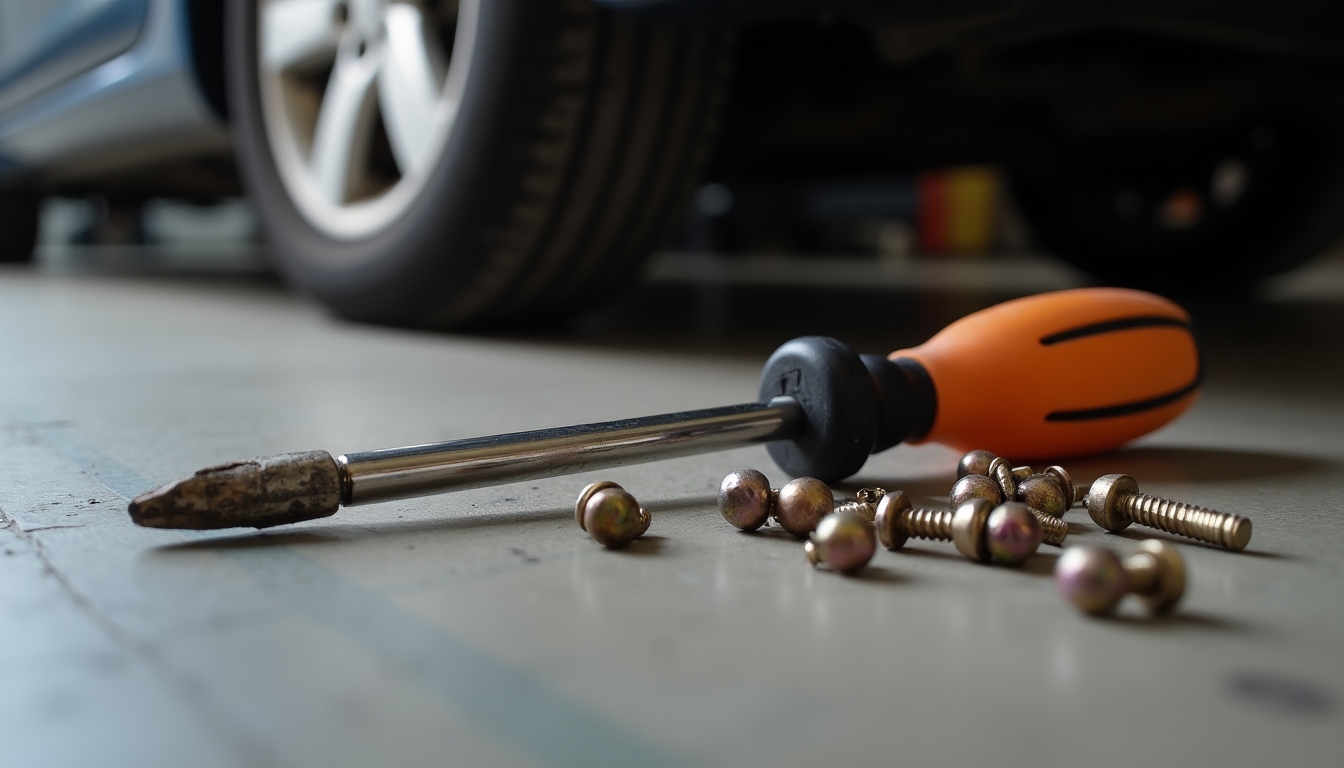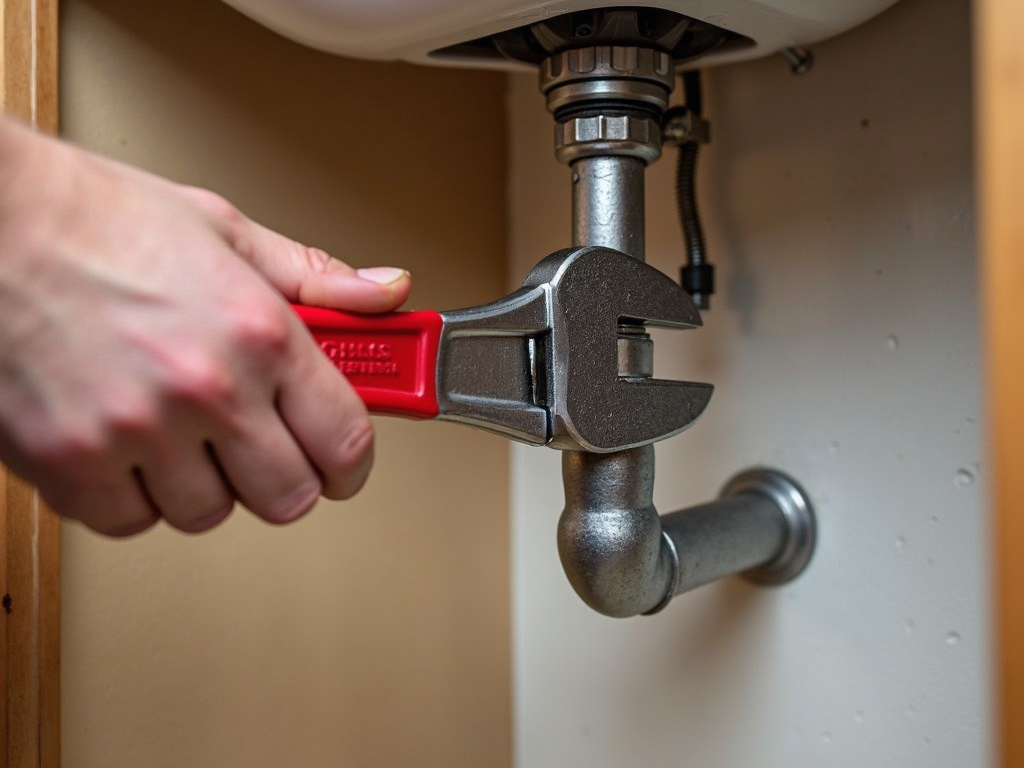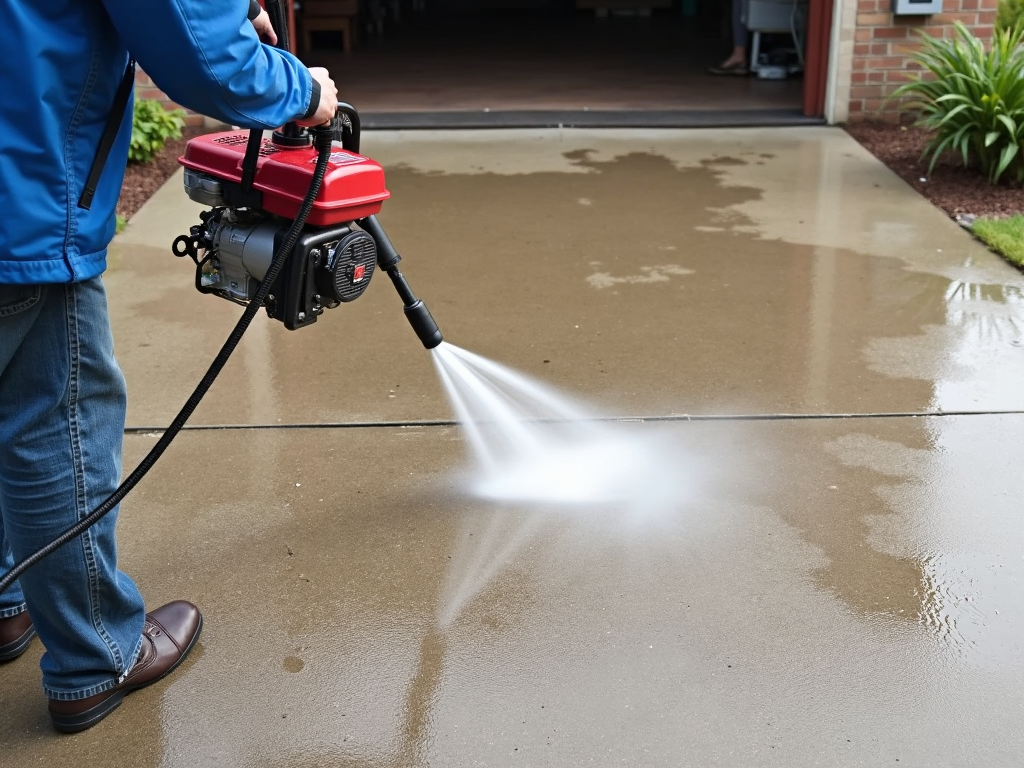Ready to tackle electrical projects at home? This guide covers the must-have electrical tools for DIY enthusiasts. With the right gear, you’ll work safely and efficiently. Let’s dive into the essentials you need for success.
Why You Need the Right Tools
Electrical work isn’t just about getting the job done—it’s about doing it safely. The right tools save time, prevent accidents, and help you achieve solid results. Whether you’re fixing a switch or wiring a room, these tools are your foundation.
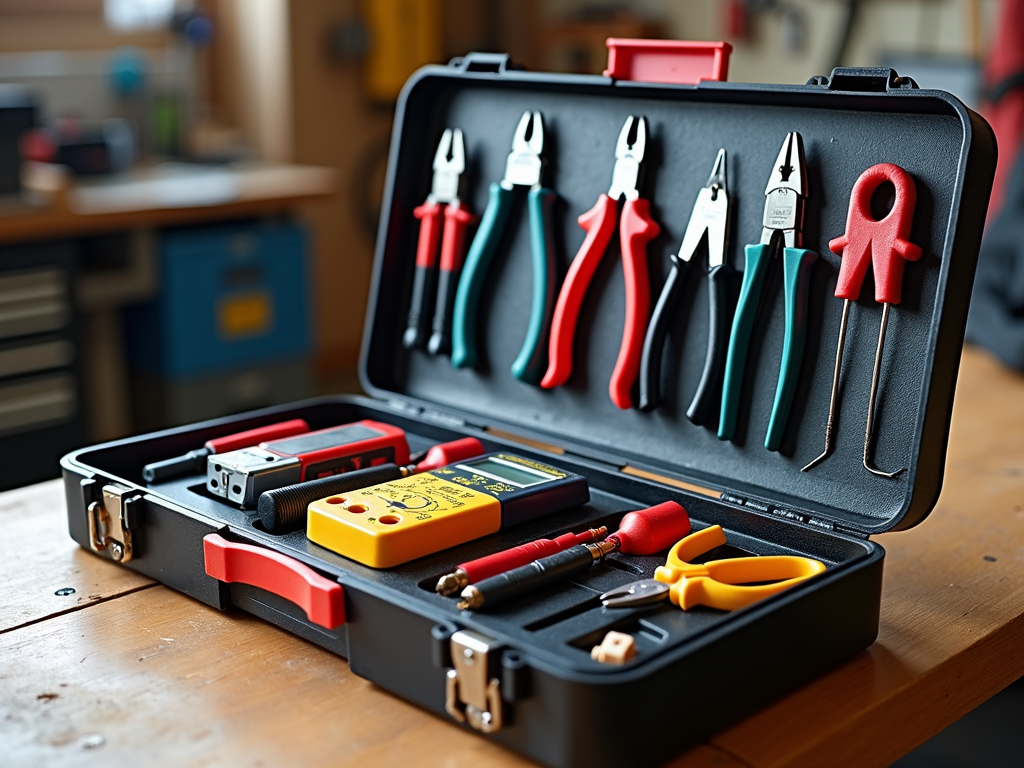
1. Multimeter: The Problem Solver
A multimeter checks voltage, current, and resistance. It’s like a detective for your electrical projects. I’ve used mine to find a hidden short circuit—saved me hours of guesswork. Get a digital one with auto-ranging for simplicity.
2. Wire Strippers: Clean and Precise
Wire strippers remove insulation without nicking the wire. They’re a must for any electrical task. Early on, I struggled with a cheap pair—upgrading to a quality set was a game-changer. Look for adjustable ones to match different wire sizes.
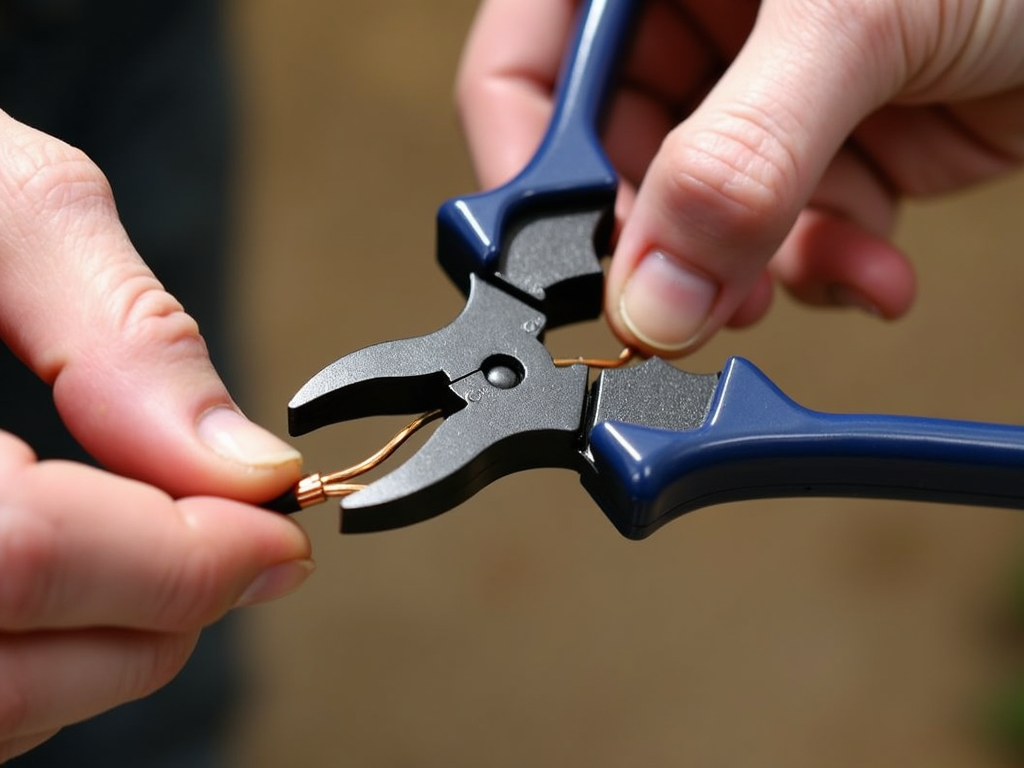
3. Insulated Screwdrivers: Shock Protection
Insulated screwdrivers keep you safe from electric shocks. They’re vital for working in electrical boxes. I keep a variety of sizes in my kit. Even with these, always shut off the power first—better safe than sorry.
4. Pliers: Your Go-To Grippers
Pliers handle all sorts of tasks. Needle-nose pliers reach tight spots, while lineman’s pliers twist wires together. Once, I fished a wire through a cramped conduit with needle-nose pliers—it was a lifesaver.
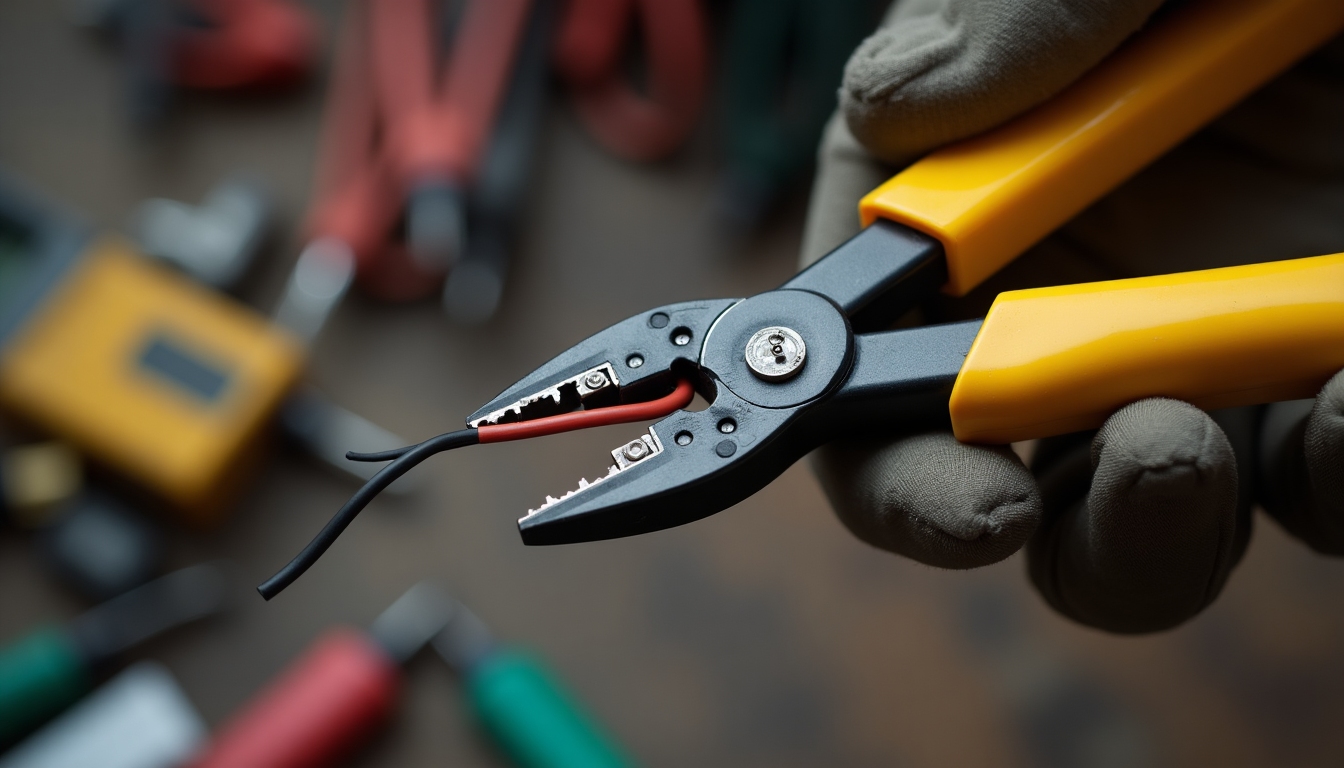
5. Voltage Tester: Safety Check
A voltage tester confirms if a circuit is live. It’s a quick way to avoid shocks. I double-check every time, even after flipping the breaker. It’s a small step that can prevent big problems.
6. Fish Tape: Wire Navigator
Fish tape pulls wires through walls or pipes. It’s perfect for tricky runs. Before I got one, I wasted time pushing wires blindly. Now, it’s a breeze—every DIYer needs this in their toolbox.
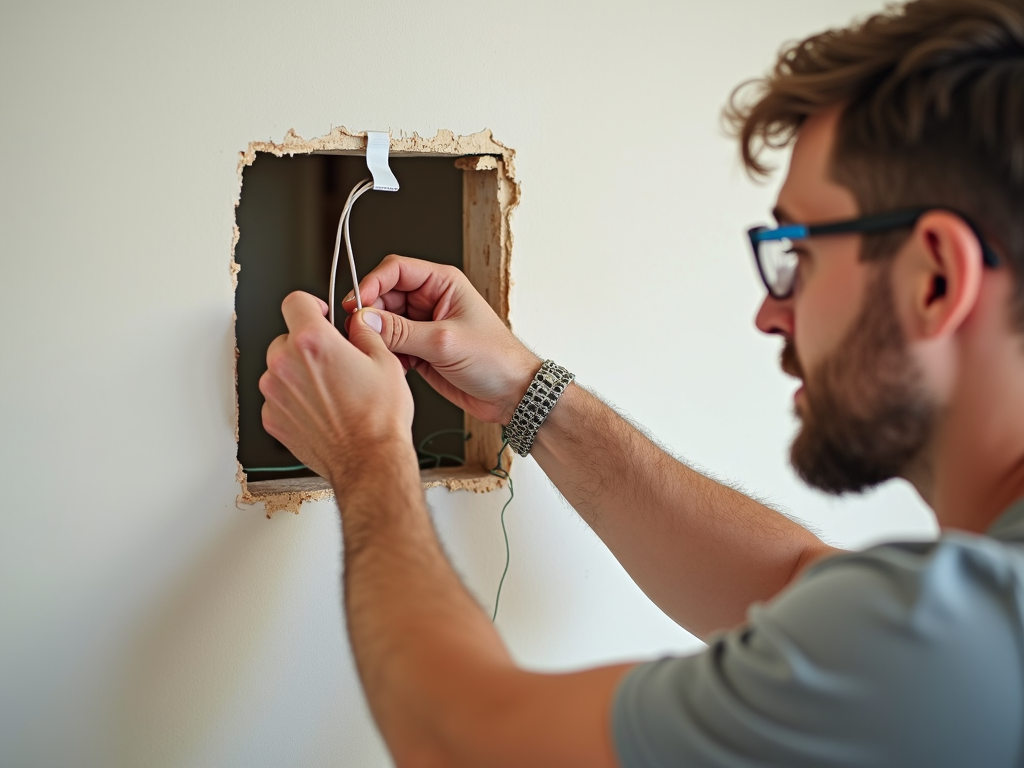
7. Electrical Tape: Seal It Up
Electrical tape covers wire connections to keep them safe and dry. It’s simple but essential. Wrap it tight and overlap it well. I’ve seen loose tape cause shorts—don’t skip this step.
8. Circuit Finder: Breaker Detective
A circuit finder matches breakers to outlets. It’s a time-saver, especially in old homes. I used to flip switches all day—now, I find the right breaker in minutes. Worth every penny.
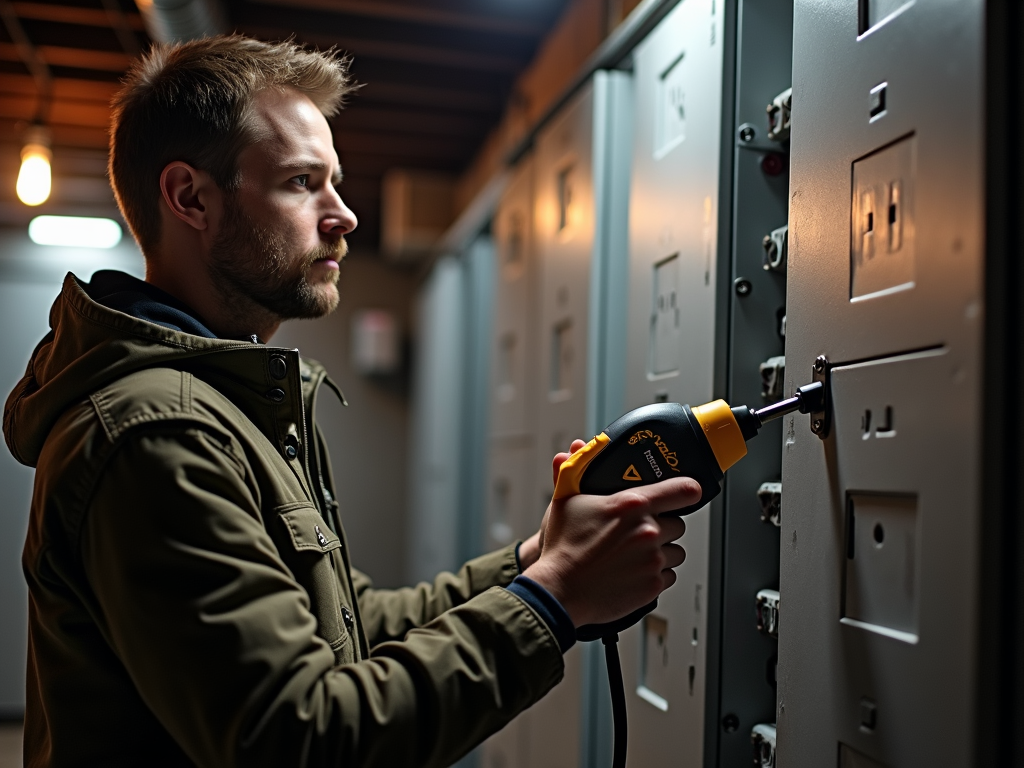
Safety Practices in Home Electrical Repairs
Safety comes first in electrical work. Here’s how to stay protected:
- Turn off the power: Always flip the breaker before you start.
- Use insulated tools: They reduce shock risk.
- Avoid live wires: Never touch a circuit that’s on.
- Wear rubber shoes: They help insulate you.
- Keep a fire extinguisher handy: Be ready for emergencies.
If something feels off, stop and call a pro. Safety isn’t optional.
Picking the Best Electrical Tools for Home Projects
Quality tools last longer and work better. Here’s how to choose wisely:
| Tool | What to Look For | Why It Matters |
|---|---|---|
| Multimeter | Auto-ranging, clear display | Easy readings, reliability |
| Wire Strippers | Adjustable, sharp blades | Clean cuts, versatility |
| Screwdrivers | Insulated, comfy grip | Safety, comfort |
| Pliers | Durable, precise tips | Strength, accuracy |
Spend a bit more for tools that won’t let you down. Check reviews on sites like Home Depot for real user feedback.
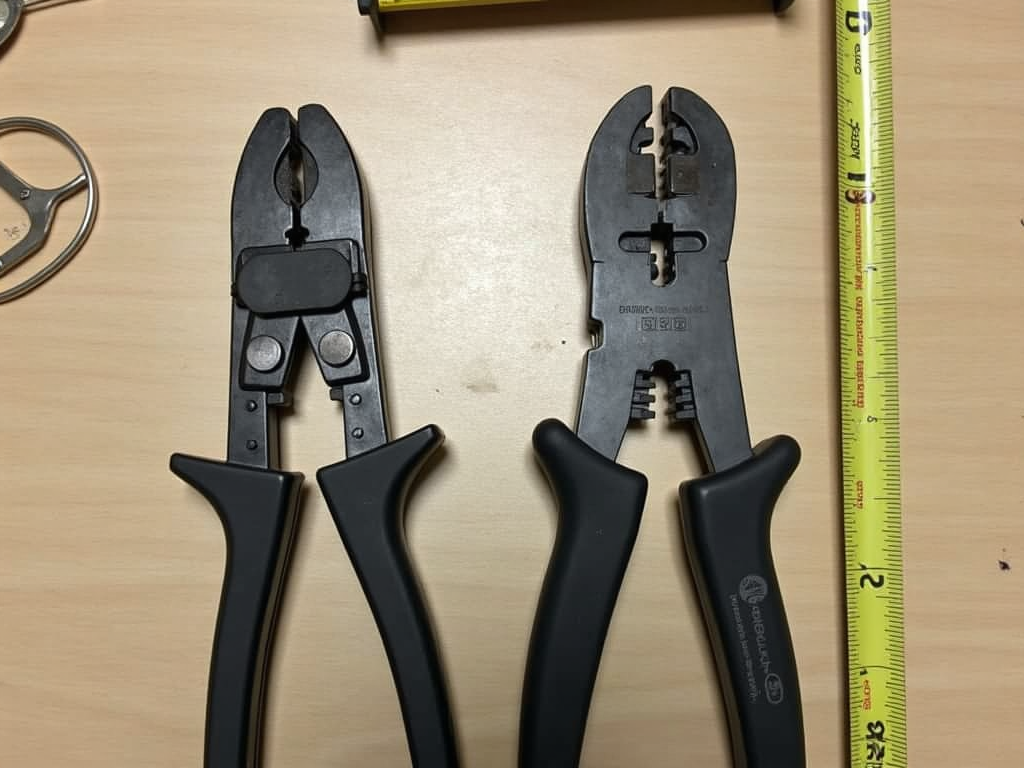
Lessons I’ve Learned
I’ve picked up some tricks over the years:
- Label everything: Mark wires before you disconnect them.
- Take notes: Write down measurements or steps.
- Snap photos: Pictures help you reassemble things later.
- Go slow: Rushing leads to mistakes.
These habits keep projects smooth and stress-free.
Tools in Action: My Experience
Once, I installed a ceiling fan with just a multimeter, pliers, and a screwdriver. The multimeter confirmed the wiring was safe, the pliers twisted the connections, and the screwdriver secured it all. It wasn’t fancy, but it worked. Start with the basics—you’ll build from there.
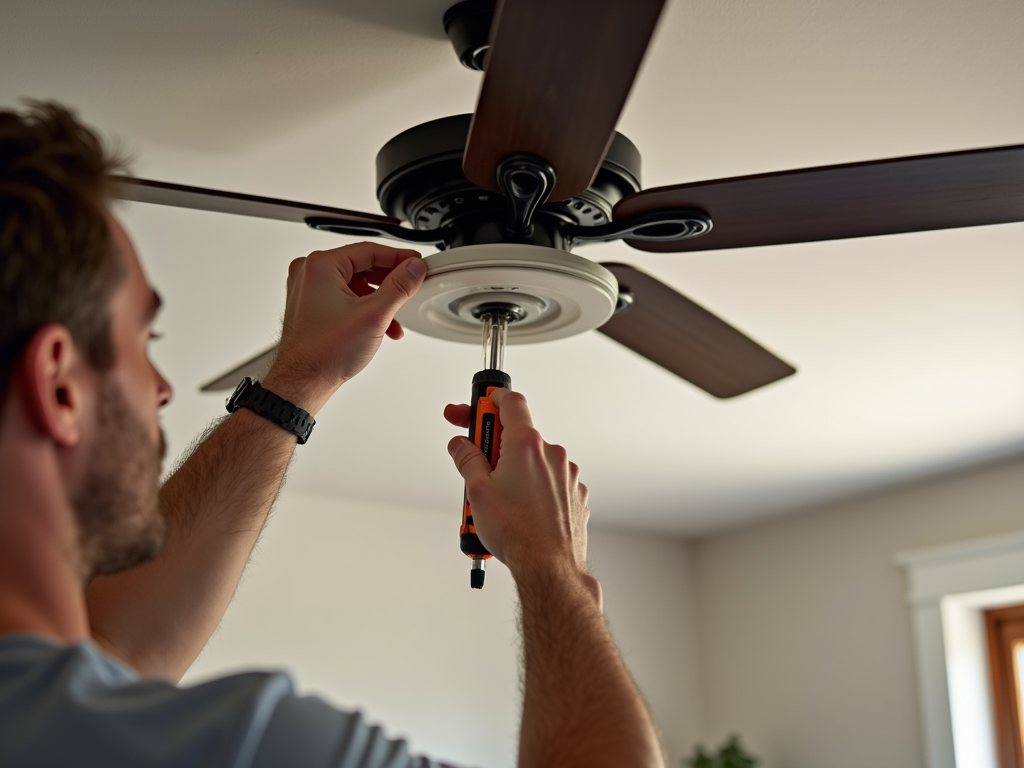
Maintenance Tips
Keep your tools in top shape:
- Clean them after use.
- Store them dry to avoid rust.
- Check insulation for wear.
A little care goes a long way. I learned this after a rusty pliers ruined a wire job.
Conclusion: Start Your DIY Adventure
With these must-have electrical tools for DIY enthusiasts, you’re set to handle home projects like a pro. Safety practices and quality gear make all the difference. Start small, stay safe, and watch your skills grow. You’ve got this!
Related Must-Have Electrical Tools for DIY Enthusiasts:
- Revolutionizing DIY: How Black & Decker's Cordless Innovations Transformed Power Tools
- Choosing the Right Plumbing Tools for Your Home: A Comprehensive Guide
- Power Washer Accessories for Better Cleaning: Enhance Your Cleaning Game
- Choosing the Right Workwear for Your Job
- Essential Maintenance Tips for Power Tools: Keep Your Equipment Running Smoothly and Safely
- How to Choose the Right Toolbox for Your Needs: A Comprehensive Guide
- Power Drills with Multiple Attachments: A Comprehensive Guide
- Top Tips for Cleaning and Storing Workwear: A Comprehensive Guide
- Top 10 Must-Have DIY Car Maintenance Tools for Every Car Owner
- Beginner’s Guide to Fixing Common Plumbing Issues
- Power Washer Troubleshooting and Repair: A Comprehensive Guide
- How to Balance Work and Life in the Trades
